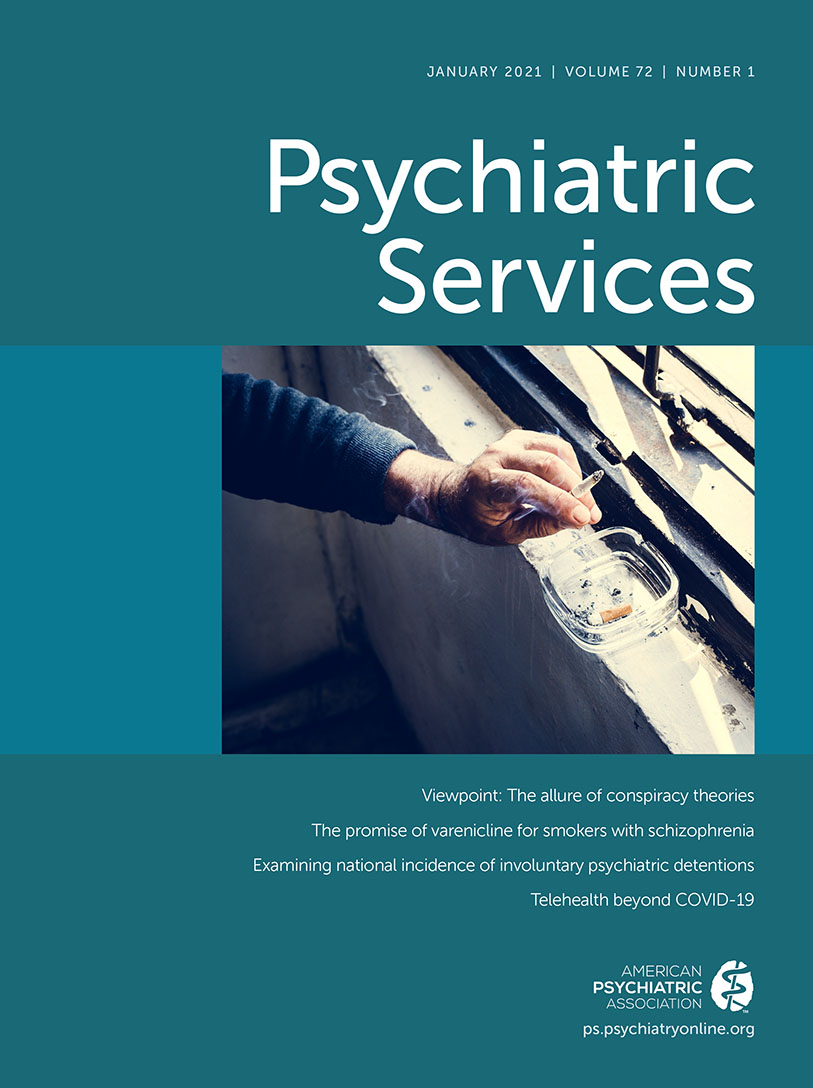Technology-Assisted Teachers’ Training to Promote Socioemotional Well-Being of Children in Public Schools in Rural Pakistan
Abstract
Background:
The World Health Organization’s (WHO) Eastern Mediterranean Regional Office (EMRO) developed a school mental health program (SMHP) to help reduce the burden of youth mental health problems. Designed in collaboration with international consultants, the SMHP draws on evidence-based interventions to train personnel to identify students in need, respond therapeutically, and engage families in seeking care.
Methods:
Teams from Pakistan, Egypt, Iran, and Jordan collaborated with the WHO EMRO and British and U.S. universities to form the School Health Implementation Network: Eastern Mediterranean Region (SHINE), a National Institute of Mental Health–funded global mental health hub. SHINE partners used a “theory of change” process to adapt the SMHP to be more readily adopted by school personnel and replicated with fidelity. The adapted SMHP more directly addresses teachers’ priorities and uses technology to facilitate training.
Results:
A cluster-randomized implementation effectiveness trial enrolling 960 children ages 8–13 in 80 Pakistani schools will test the adapted SMHP against the original. Children who screen positive on first the teacher and subsequently the parent Strengths and Difficulties Questionnaires (SDQs) will be enrolled and tracked for 9 months. The primary trial outcome is reduction in parent-rated SDQ total difficulties scores. Secondary outcomes include children’s well-being, academic performance, absenteeism, and perceived stigma; parent-teacher interaction; teachers’ self-efficacy and subjective well-being; and school environment. Implementation outcomes include change in teachers’ behavior and sense of program acceptability, cultural appropriateness, feasibility, penetration, and sustainability.
Next steps:
The trial began in October 2019, and the expected completion date is March 2021. Outcomes will inform dissemination of the SMHP in Pakistan and elsewhere.



